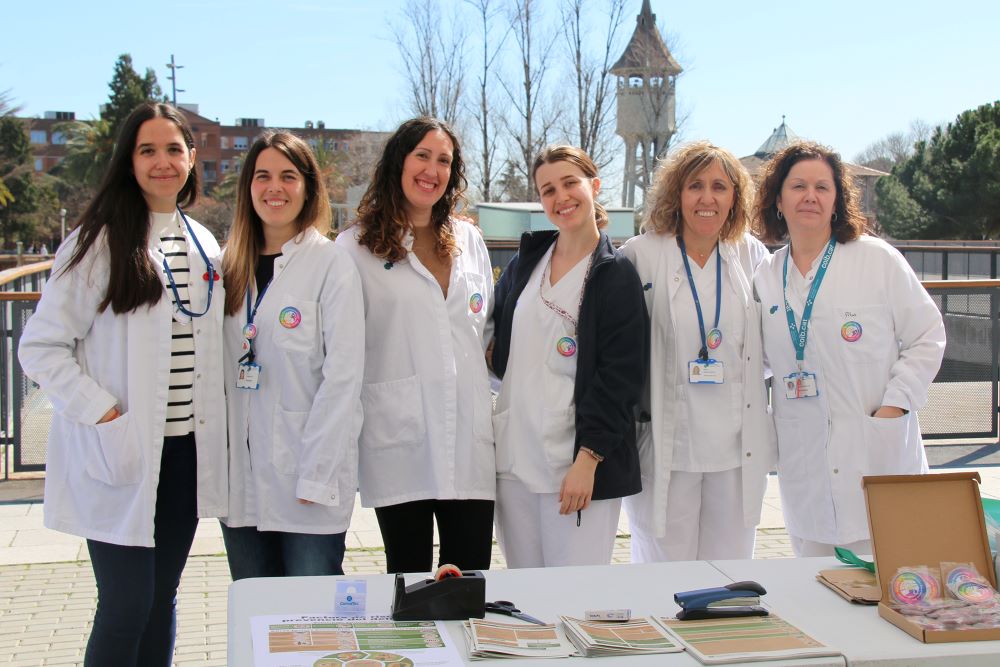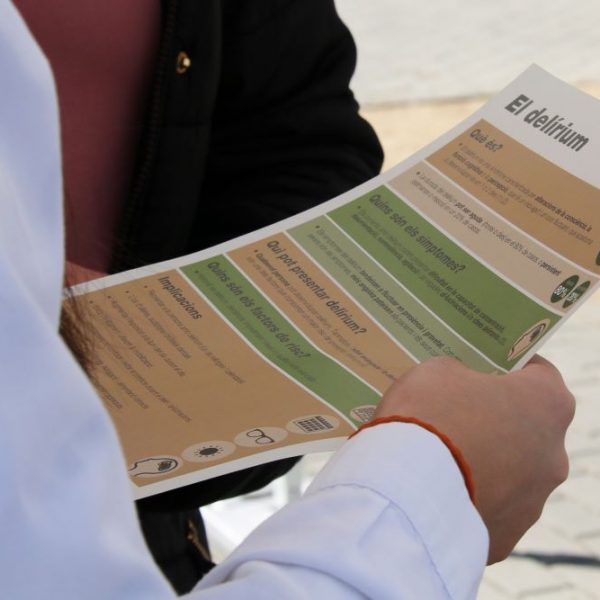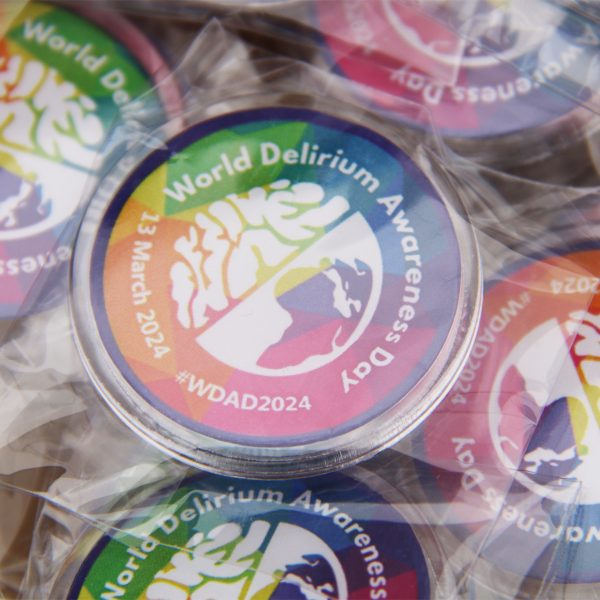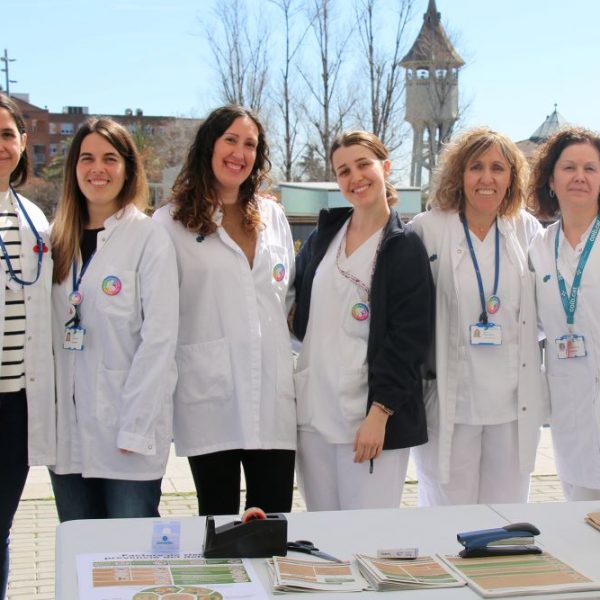- No Comments
The nursing, social work and medical team of the Albada del Parc Taulí socio-health center have celebrated World Delirium Day by disseminating the causes and treatment of this disorder, which is characterized by a rapid deterioration of function cognitive
During the morning, they set up a tent in Parc del Parc Taulí to inform and spread the word about Delirium to patients and their families, but also to professionals. They have also gone through the different hospital and social health units to explain this disorder and publicize the Delirium Management Guide, which was published in September.
This guide aims to minimize the appearance of delirium and to deal with it correctly, if it does appear.
What is Delirium?
It is an acute, fluctuating and potentially reversible disorder that affects cognitive functioning, especially in the elderly. It is characterized by: difficulty in the ability to concentrate, disorientation; drowsiness and/or agitation and occasionally the presence of hallucinations and/or delusional ideation. Delirium usually develops over hours or days and has a fluctuating course.
What can cause Delirium?
The main causes of Delirium are acute illnesses, traumatic injuries (for example, femur fracture), surgeries and adverse drug effects.
If it is reversible, why is it so important?
Even a short episode of Delirium increases the likelihood of: worse recovery from the acute illness; institutionalization; onset of dementia and mortality. The presence of delusions can be stressful for patients. In addition, Delirium is a source of stress and burden for family members and caregivers.
Who can present with Delirium?
Anyone can develop Delirium. However, advanced age, comorbidity, dementia, polypharmacy are some of the factors that carry a greater risk of presenting Delirium.
How is Delirium treated?
The most important measures are: early detection and treatment of intercurrent illnesses and adjusting the drugs that may have triggered the Delirium episode. Pharmacological treatment has not shown any high-level evidence.
What can I do to prevent and promote recovery from Delirium?
- Use glasses and hearing aids
- Avoid bed rest and promote early mobilization
- Reorientation (use of clocks and calendars)
- Accompaniment, stimulation by family and professionals
- Speak slowly, do not contradict and avoid conflict during delusion/hallucinations
- Maintain a calm, pleasant environment with adequate lighting according to the time of day
- Encourage night rest
- Correct hydration
- Ensure urine and faeces elimination, proper hydration and nutrition
- Early withdrawal of devices







Leave a Reply